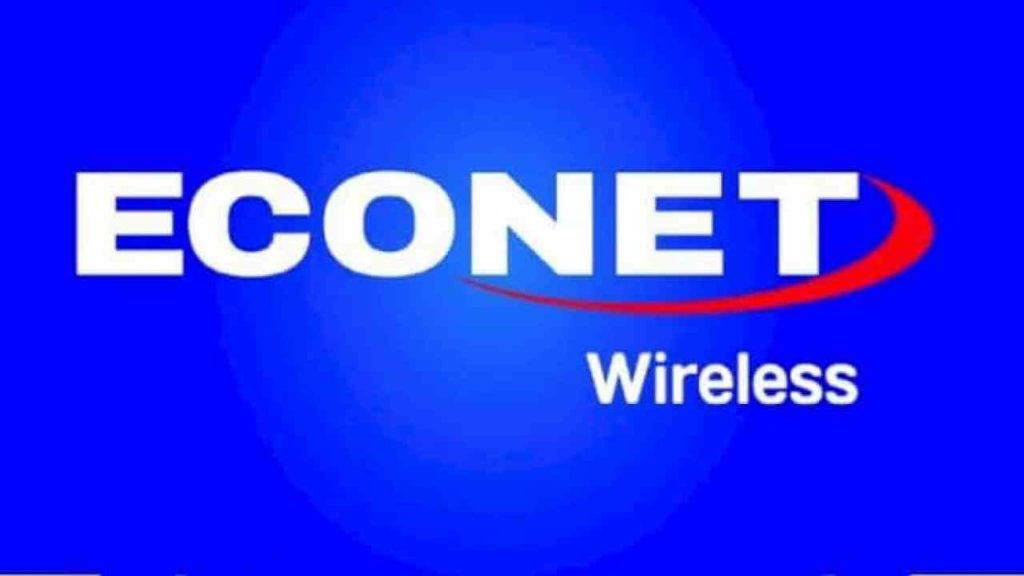ECONET Wireless Zimbabwe Limited (Econet), which posted its financial results for the year ended February 28, 2022 yesterday, says the viability of telecoms industry is under threat due to unsustainably low tariffs, a high tax burden on the sector and challenges in accessing foreign currency for critical capital investment, amid rising inflation and local currency devaluation.
Company chairperson James Myers, commenting on the business’ operating environment in the reporting period, said the industry’s viability was at risk because of uneconomic tariffs that were significantly lower than those obtaining in the region.
“The low tariffs of the industry are much lower than the region and this poses a threat to industry viability. The telecommunications industry has been struggling to meet the capacity and coverage demands of its consumers,” he said in the chairman’s statement accompanying the results.
The industry has since received a much-needed headline tariff adjustment averaging 60percent, granted last week by the Postal and Telecommunications Regulatory Authority of Zimbabwe (Potraz). The last adjustment had been made nine months back, in September 2021.
The Econet results show that in the 12 months to February 2022, the company’s inflation adjusted top line revenue rose from $57,9 billion to $87,3 billion, while profit after tax went up to $12,2 billion from $1,3 billion in the previous corresponding period.
The company paid an inflation-adjusted 31,1 billion in government taxes and levies, the equivalent of more than a third of its total revenues, up from the $20,3 billion it remitted in statutory payments in the same period last year.
The telecoms firm experienced exchange losses of $5,1 billion in the period under review, which, however, rose to $13,4 billion by May 31, 2022, soon after the end of the financial year, on the back of a weakening local currency.
“The official rate was devalued from $124 to the US dollar to $338, a depreciation of 172 percent, thereby eroding the gains made by the company in the year ended 28 February 2022,” Myers said.
He lamented the impact of the acute depreciation in the local currency — which lost more than two-thirds of its value against the US dollar this year — on the company and the industry’s tariffs, which were last reviewed in September 2021 during the reporting period.
“The inflation that was experienced since that time has not been factored into our pricing framework as at February 2022, meaning that our tariffs are now unviable for the business to continuously invest to meet the increasing demand for its services” said the Econet Zimbabwe Chairman. Since the end of Econet’s reporting period (end of February 2022) inflation jumped to 192 percent as of June this year.
Myers said voice tariffs in Zimbabwe (during the reporting period) were less than half the tariffs charged for voice products in the Sadc region. Similarly, he said Zimbabwe SMS tariffs were about a quarter of those charged in the region, while local data tariffs were seven times cheaper than the regional average. He noted that the high tax burden on the sector was hampering investment, with only five percent in capital expenditure going towards investment in network infrastructure, compared to the regional average of 15 percent.
“The Postal and Telecommunications Regulatory Authority of Zimbabwe (Potraz) installed a non-intrusive electronic system on our sites which, according to the TTMS regulations (SI 95 of 2021), is aimed at combating network fraud and addressing billing integrity issues,” he said.
“The system attracts an additional tax of US$0.06 per minute on international incoming traffic, payable in foreign currency. This increases the taxes that are levied on the telecommunications sector, specifically. The industry is currently subject to 10 percent excise duties on revenue. This is over and above the 14.5 percent VAT as well as other regulatory levies and taxes of 3.5 percent, bringing the total taxes on each dollar of revenue to approximately 28 percent.”
The Econet chairperson added that these taxes are prior to the allocation of any operating costs applied in the determination of the company’s liability for income taxes.
“These taxes are generally higher than the African average and have the impact of increasing the connectivity costs for consumers,” he said.
